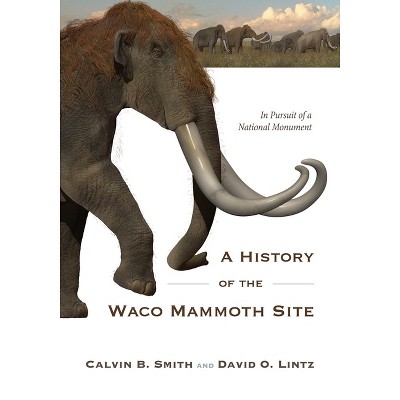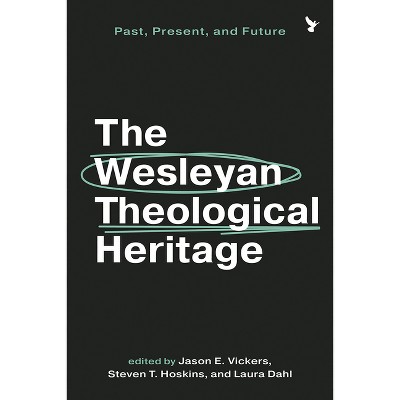Sponsored

Kurt Kaiser - by Terry W York (Paperback)
In Stock
Sponsored
About this item
Highlights
- At the age of four or five, a young boy made his way to the piano in his Chicago home and picked out a recognizable tune.
- About the Author: Terry W. York retired as Professor of Christian Ministry and Church Music after twenty-five years on the faculty of Baylor University's George W. Truett Theological Seminary.
- 212 Pages
- Biography + Autobiography, Religious
Description
About the Book
"Profiles the life, career, influence, and legacy of Contemporary Christian Music artist and composer Kurt Kaiser"--Book Synopsis
At the age of four or five, a young boy made his way to the piano in his Chicago home and picked out a recognizable tune. His German-American parents sensed they had witnessed something special. They would embrace their son's gift for music as God-given, and as a responsibility both for them and for him to steward.
Little did his parents know that Kurt Kaiser (1934-2018) would go on to become one of the most influential church musicians of the modern era. His musicianship, especially as a pianist, and his Christian commitment took him around the world, but never far from the church. When his talent took Kurt and his young family to Waco, Texas, he stepped onto his largest stage--WORD Music and the emerging Christian recording industry. A commanding presence in this arena, Kurt contributed to the shape and direction of what would become Contemporary Christian Music with songs such as "Pass It On" and "Oh, How He Loves You and Me," which remain icons of a contemporary sound faithful to foundational biblical, ecclesial, and musical standards.
Faithfully recounting Kaiser's story using recordings, documents from the musician's personal office, interviews, letters, and unpublished sources, Terry W. York's Kurt Kaiser: Icon and Conscience of Contemporary Christian Music traces how Kaiser's name and music became markers in the history of church music.
About the Author
Terry W. York retired as Professor of Christian Ministry and Church Music after twenty-five years on the faculty of Baylor University's George W. Truett Theological Seminary. For eight of those years, he was dually appointed in the seminary and in Baylor's School of Music. He earned the Bachelor of Arts degree from California Baptist College and the Master of Church Music and Doctor of Musical Arts degrees from New Orleans Baptist Theological Seminary.
Shipping details
Return details
Trending Non-Fiction











